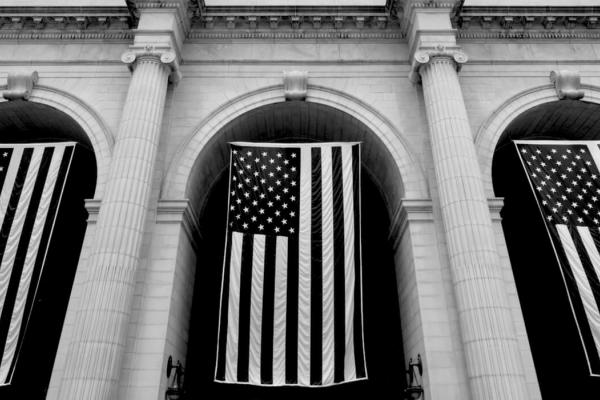I believe at the heart of this election campaign was the deeply biblical, theological, and spiritual issue of how we treat “the other.” Many of the white people who voted for Trump, especially many of the white Christians who voted in majorities for him, are quick to say they didn’t vote for him because of his use of racial bigotry and exploitation of xenophobic attitudes toward immigrants. But many people of color, who voted in overwhelming majorities against Trump have responded, “OK, you say you didn’t like his racism, but it wasn’t a deal breaker; it wasn’t a disqualifier for your vote.” The result of this highly and overtly racialized election and Trump’s early appointees are what make many people of color fearful. It’s what is already happening to them — and their children — on playgrounds, schools, trains, and planes, and just on the street on their way to work or class or church. The personal stories told to me by black church leaders of being verbally abused or threatened have been very disconcerting. A man who clearly capitalized on our divisions now claims he will be a president for all Americans. So that is a commitment he should now be held accountable to — by all of us.
Read the Full Article

